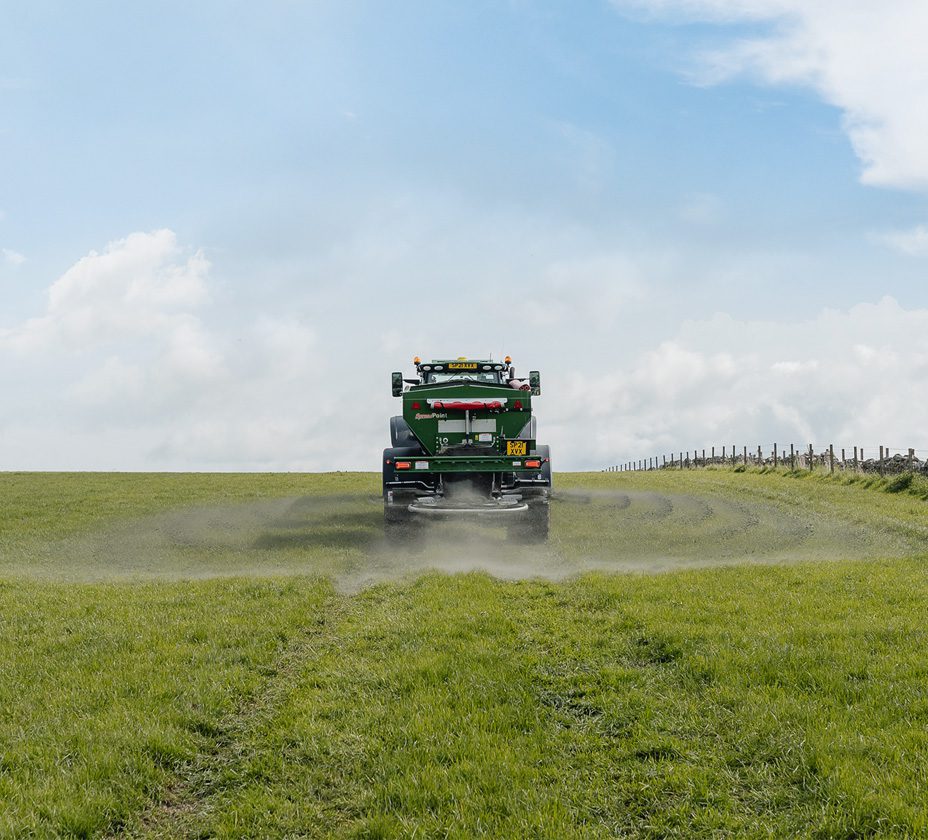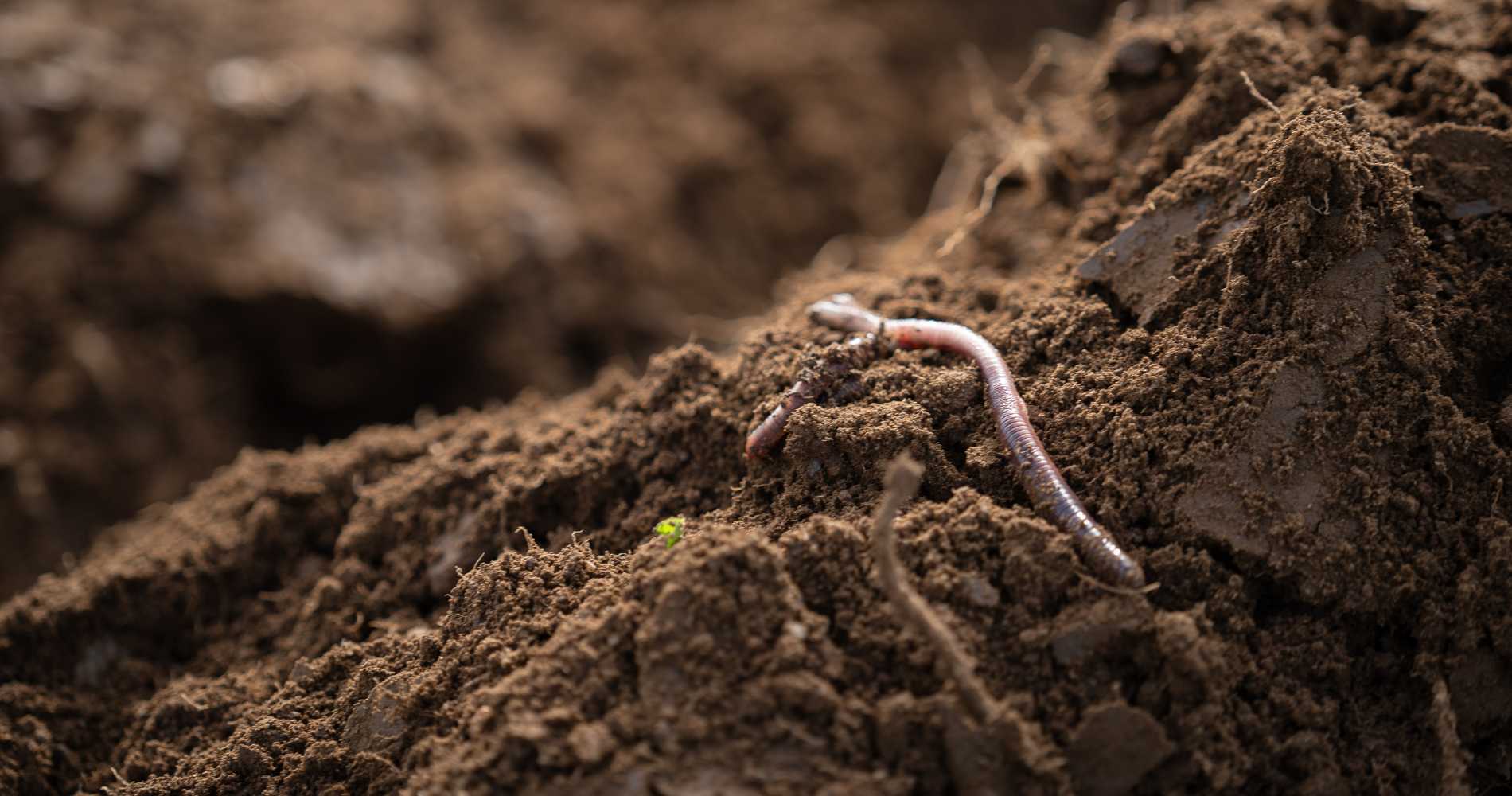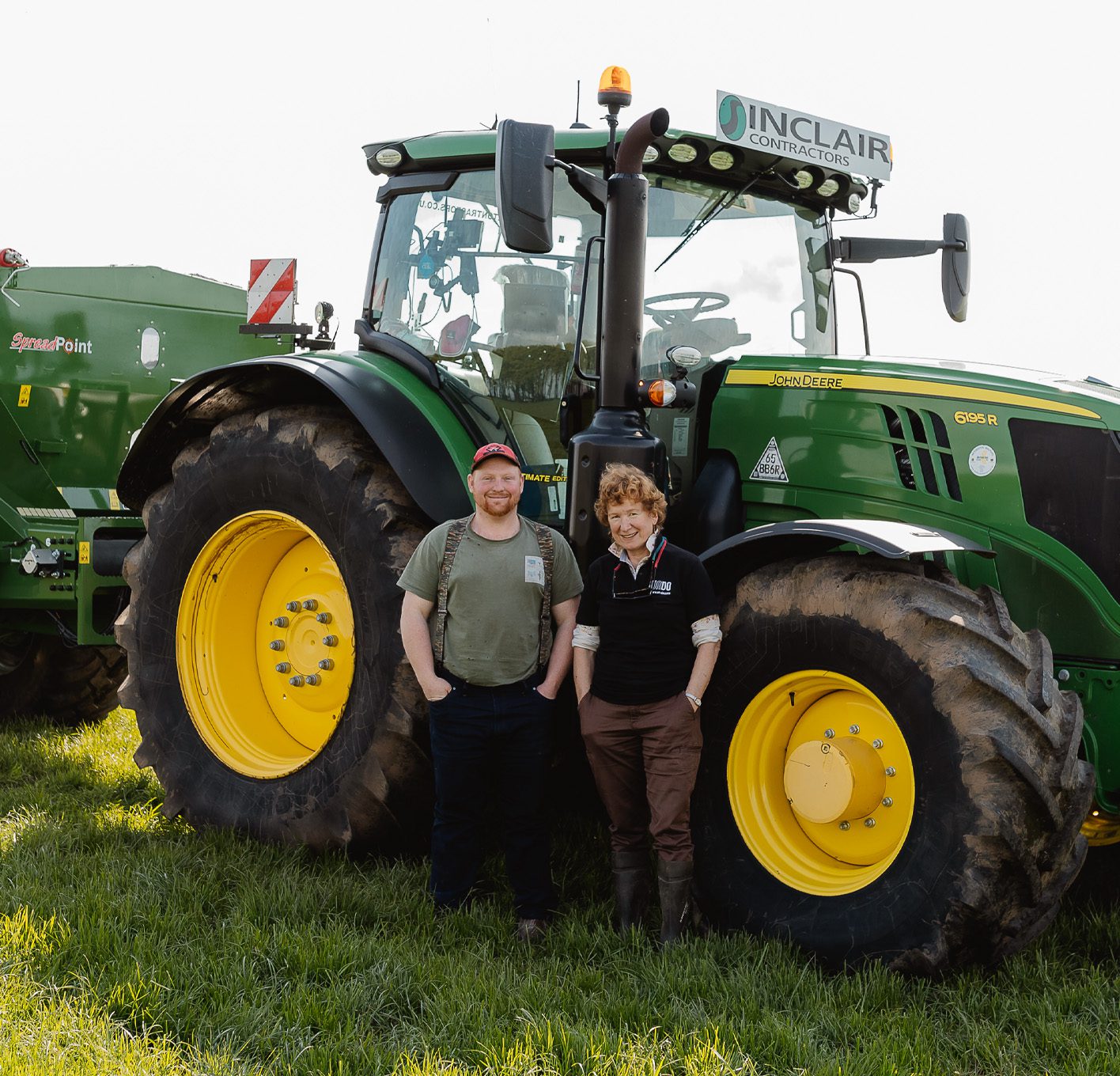The Oxford Real Farming Conference started in 2010 as an offshoot of the Oxford Farming Conference which has run since 1936. With both events continuing to run concurrently in the same town, and both being restricted to online for the previous 2 COVID years, I attended my first ‘Real’ Conference in Week One of 2023. Here’s a brief overview highlighting the relevance to our mission at UNDO.

It was the size, depth and professionalism of the conference that impressed me the most – and yes, everybody was there! At early registration on the Wednesday evening in St Aldates Church, serenaded by a Welsh singing guitarist, with healthy suppers aplenty on sale, delegates each received a comprehensive programme, a folded A2 map of the sessions and a wooden embossed name badge. The mug was purchased separately for an endless supply of free teas and coffees.
On Thursday morning at the Opening Plenary session, in the magnificent Main Hall of the Oxford Town Hall complex, singer Kate Huggett and friend nailed Sandy Denny’s ‘The Quiet Joys of Brother / Sisterhood’ followed by a contrasting, soul-vibrating performance by the incredible Japanese Taiko drummers. Any living being must surely be stirred by this.
The scene was duly set for two superb days of talks and discussions on the critical need to change our ways if we are to save ourselves and our planet.

Every event was special, and choices had to be made. From the Day One Programme, I chose Finding Solutions to the Fertiliser Crisis where I sat on the floor as it was full house. It was agreed that addiction to fertiliser was the problem and integrating livestock (1 of 5 pillars of regenerative farming) and compost were amongst the solutions. Here at UNDO, we are working to offer farmers all over the country mineral-rich, organically approved crushed basalt, that helps raise and stabilise pH and boost soil fertility.
My next choice was the UK Climate Change Committee (CCC): Assess the Role of Agroecological Farming in the Transition to Net Zero and it was a big event for me. As portraits from a bygone era stared down at us, from above the antique oak panelling all clearly well looked after, Chair of the All-Party Parliamentary Group on Agroecology, Lord Teverson chaired the session in a lively and encouraging fashion.
Fabrizio Albanito, now from Bangor CEH, started the session with his literature review of the range of agroecology practices that CCC had commissioned Aberdeen University to produce. He took us through a lot of material – but his conclusion highlighted the Achilles heel of the whole agroecological movement – and that is the lack of scientific research and data to back up the findings. Here at UNDO, our scientific department is developing a rigorous programme of research into our addition of crushed basalt to the soils wherever we are operating.

Lord Deben, CCC Chair was then on his feet and what a good speaker he was. See the body language of even the few delegates in the photo! As an X-Secretary of State for the Environment, he knew what he was talking about, and was not afraid to speak his mind. He got off to a good start quoting the work of Rachel Carson and Eve Balfour and he confirmed his realisation that we are now in a tight time window to turn things back from our current path to self-destruction. He decried the dangers of ‘sectarianism’ and pronounced the need for broad vision, not jumping to conclusions and the need for science. There was however a telling exchange between Peter Holden, Founder and CEO of the Sustainable Food Trust where Lord Deben appeared to resist Peter’s request for his organisation, “the practitioners” i.e. the farmers, to be able to address the CCC directly. Lord Deben’s closing remarks reflected the lack of, and serious need for, an over-arching Framework into which to work through this complex field of Agroecology – and I could not agree more.
Another session was From Field to Bakery: Radical but Realistic Policy Changes for Accelerating Diversified Grain Systems in the UK. This brought together the need to grow and distribute locally sourced diverse cereals for local bakeries, which is a break from the current monoculture feeding of most of the population. Josiah Meldrum of Hodmedod’s British Pulses, Grains & Seeds made an excellent presentation. Between them, the speakers outlined how we can all play a part and that, as the conference demonstrates, there is a dramatic demand for this kind of change.
From the Day Two Programme, I chose Rewarding the Farming Champions: A Future for Environmental Land Management (ELM). In England the ELM schemes are in their 2nd year of replacing BPS, the Basic Payment Scheme, i.e. farming subsidies – hence the policies that govern farming in England are undergoing “the biggest shift in a generation”. This session brought together a wide range of speakers. Jonathan Baker of DEFRA explained DEFRA is currently hard at work “to create a set of tools to unleash the potential of UK farming.” It was great to hear Jonathan mention UK’s premier regenerative agriculture event, Groundswell, where he said he had picked up the “innovation, creativity and drive” amongst the farming community to do things better.

The eloquent Stuart Roberts, former NFU deputy president, now Lib Dem advisor (and who has a QR code on the gates of his 100 Ha Hertfordshire farm to tell folk about his agroecology – he does not need to do this, he is just on message!), proclaimed the desperate need for a Food Security Strategy. He confirmed that Rt Hon Michael Gove MSP set the heather alight when he presented at ORFC 2018 and 2019, but that the Government has since lost this focus. Chair of this session, Vicki Herd of Sustain, recommended Gabe Brown’s book ‘Dirt to Soil’ and having since read it following my visit to Groundswell 2022 Workshop I can see why.
The last session I attended was How Farmers can Contribute to Meaningful Food System Change and it was very ably chaired by Sarah Langford, barrister, farmer and author. These farmers talked us through a good range of regenerative farming practices. My photo shows Farming George, with the Chair. This Essex farmer, whilst currently taking a break from social media, has a big following. Clearly a star for the cause, George proclaimed passionately how quickly nature will recover if we just give her half a chance.

Given my travel arrangements, I had to miss the Friday afternoon Soil Food Web Microscopy with Elaine Ingham session which was a real shame. Thanks to the wonders of ORFC however, it is possible to watch Dr Elaine’s presentation on the all-important topic of soil biology topic in ORFC 2015, appropriately entitled The Roots of Your Profit.
During the breaks, there was time to visit the stands to enjoy a welcome catch-up with comrades The Soil Association and the Biodynamic Agriculture Association and meet individuals from key organisations like the Rural Payments Agency that make the payments to farmers from BPS and ELMS (see above). A stand that really stood out was the Nature-Friendly Farming Network and I recommend their Farming for Climate Action – What are we waiting for? report. With UNDO’s target to capture 1 billion tonnes of CO2 by partnering with farmers all over the world, we have our work cut out. Publications like this certainly lay a good foundation.
So, whilst my attempts to be brief have not worked terribly well, I have hardly scratched the surface of all that was going on at my first visit to ORFC. For me – to get a “Hi” from John Cherry, a co-founder of Groundswell, meet face to face for the first time Maddy Harland, co-founder and Editor of Permaculture magazine, see the no-dig visionary of our time Charles Dowding who was always so deep on conversation it was not possible to say hello, and have a word over lunch with Mat Dunwell of Ragmans Farm where I attended a course run by Columbian soil legend Jairo Resptrepo AND attend so many key educational talks, all in a day and a half of the first week of 2030, made a fair start to my year. God willing, I will be back in 2024!


 " />
" />
